
How to Avoid Bone Loss (Osteoporosis)

As you age, bone loss seems inevitable. But by making a few smart choices, you can keep your bones strong for years. The body reabsorbs more old bone than it builds, making bones weaker over time. Dr. Abinash Achrekar, KOAT and University of New Mexico health expert, warns that bone loss can progress into serious conditions.
“It can vary in severity and eventually lead to conditions like osteopenia and osteoporosis,” Achrekar says. Once your bones weaken, fractures become more likely – even from small falls.
The good news? You don’t have to wait until you break a bone to take action. Here is how you can avoid bone loss and keep your skeleton sturdy:
Eat Like Your Bones Depend on It
Your diet is a big deal when it comes to bone loss. Calcium and vitamin D are the building blocks of strong bones, yet most people don’t get enough. Dairy products, leafy greens, almonds, and fortified foods can help. But if your diet is falling short, supplements might be a smart move.
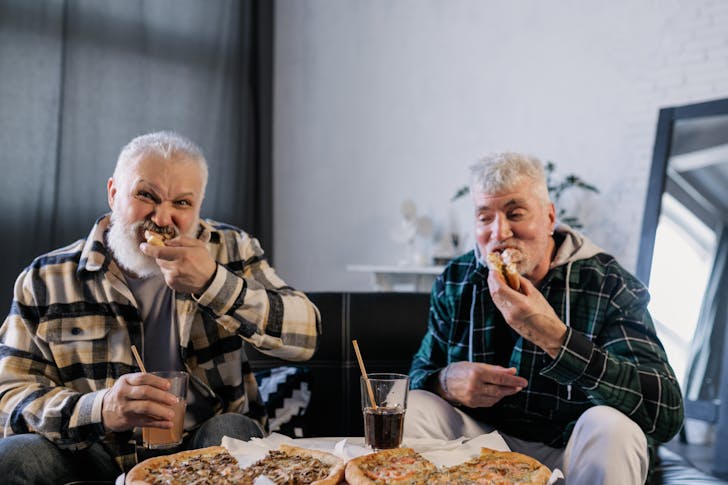
Dar / Pexels / Without enough calcium, your body starts stealing it from your bones, making them brittle. Hence, eating well is pivotal.
Vitamin D helps your body absorb calcium. So, step outside and soak up some sunlight. Or, eat more salmon, eggs, and mushrooms. If you are still low, a supplement could be a game-changer.
Stay Physically Active
Sitting all day is a surefire way to speed up bone loss. Your bones need pressure and movement to stay strong. Weight-bearing exercises – like walking, jogging, or dancing – force bones to adapt and rebuild. Strength training is just as important. Lifting weights stimulates bone growth and helps prevent fractures.
Even a few minutes of exercise daily can make a difference. Climb stairs, take brisk walks, or do bodyweight exercises like squats and lunges. If you are not moving, your bones are not strengthening. Keep them working so they don’t break down.
Cut Back on Bone-Robbing Habits
Some lifestyle choices drain your bones without you realizing it. Too much alcohol weakens bone structure, and smoking wrecks your body’s ability to absorb calcium. If you drink, stick to moderate levels – one drink a day for women, two for men. Better yet, cut back even more.
Caffeine can also interfere with calcium absorption, especially if you are not getting enough in your diet. That doesn’t mean you need to ditch coffee entirely, but balance it out with calcium-rich foods.
So, if you are guzzling soda all day, it is about time to rethink that habit. Phosphoric acid in soft drinks may also contribute to bone loss.
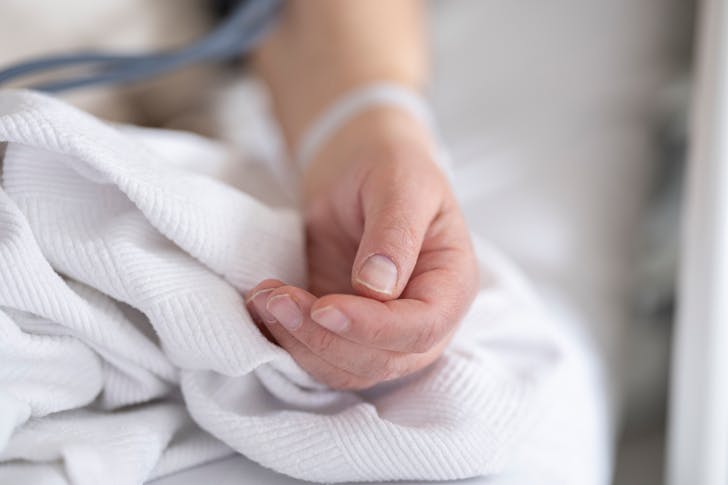
Engin / Pexels / If your results show early signs of osteoporosis, your doctor might recommend medication, supplements, or lifestyle changes.
Get a Bone Density Scan Before It Is Too Late
You can’t feel bone loss happening. That is why a bone density test is crucial, especially if you are over 65 or have risk factors. If you have broken a bone after age 50, it is even more critical to check your bone strength. This simple, painless scan measures how dense and strong your bones are.
The earlier you catch weak bones, the more you can do to prevent fractures. Remember, prevention is easier than treatment. Don’t wait until a fracture forces you to take action.
Get Enough Quality Sleep
Bone health is not just about what you eat and how much you exercise. Your body rebuilds bones while you sleep, making rest just as important. Chronic sleep deprivation throws off hormone levels and weakens bones over time. Poor sleep is linked to lower bone density and a higher risk of fractures.
Aim for at least seven hours of quality sleep each night. Turn off screens before bed, keep your room dark, and maintain a regular sleep schedule.
More in Medicare
-
`
What Major Medicare Changes You Should Expect in 2025?
Medicare Advantage Plans with Part D May Raise Costs Starting in 2025, some Medicare Advantage Plans that include Part D prescription...
October 16, 2024 -
`
Top 5 Best Places for Skiing Around the World
When it comes to adventure and winter sports, finding the best places for skiing can take your vacation to the next...
October 10, 2024 -
`
A-List Celebrities at Milan Fashion Week Spring 2025
The excitement of Milan Fashion Week Spring 2025 is palpable as the fashion elite gather to celebrate creativity and style in...
October 1, 2024 -
`
Polish Government to Rise Minimum Wage By 8% in 2025
The Polish government’s minimum wage is set to increase by 8% in 2025. While workers and unions welcome the move, many...
September 25, 2024 -
`
Kidney Infection: Causes, Symptoms, Prevention & Treatment
Kidney infections – AKA pyelonephritis – are serious health conditions that can lead to severe discomfort. But does kidney infection cause...
September 19, 2024 -
`
What to Do in Ubud, Bali – Top Attractions & Activities
Ubud, the cultural heart of Bali, offers an array of activities that capture the essence of this enchanting island. From exploring...
September 11, 2024 -
`
Important Aspects of Your Health You Should Pay Attention To
When thinking about your health, it’s crucial to consider the key factors that create a solid foundation for your well-being. These...
September 6, 2024 -
`
6 Creative Birthday Party Ideas For Adults
Gone are the days when birthdays were just about cakes and candles. Now, it is all about creating memorable experiences that...
August 28, 2024 -
`
Are Chanel and Johnny leaving Days of Our Lives? Here Are the Facts
Fans of Days of Our Lives have been on the edge of their seats, wondering if Chanel and Johnny are leaving...
August 20, 2024




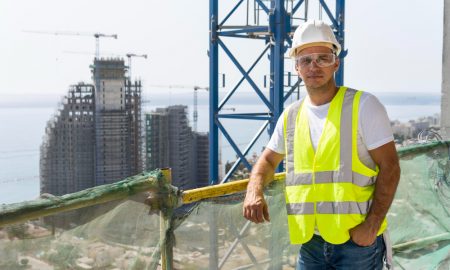



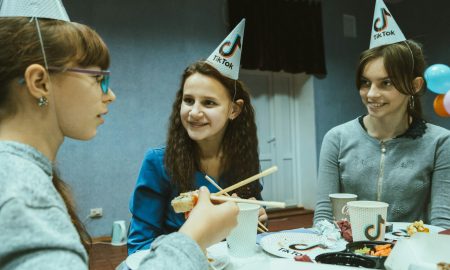

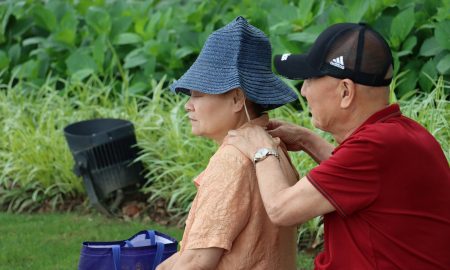


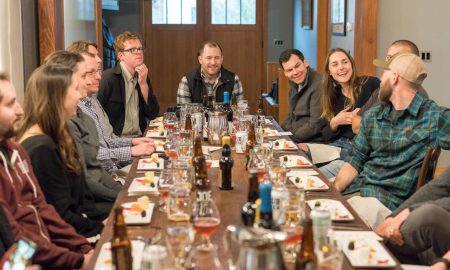

You must be logged in to post a comment Login